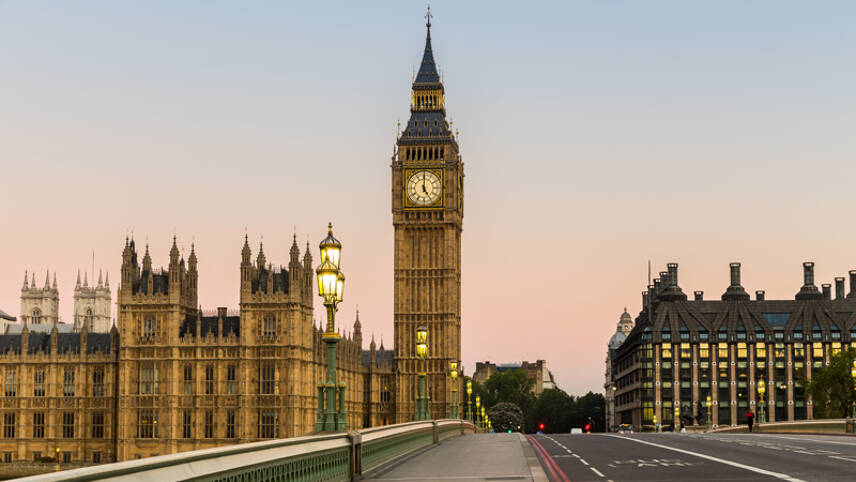Register for free and continue reading
Join our growing army of changemakers and get unlimited access to our premium content

These are some of the headline findings of the most recent edition of edie’s Sustainable Business Tracker – a quarterly survey polling sustainability professionals and energy managers to track their pressing priorities and challenges.
When the 323 survey respondents were asked to identify the biggest macro-level challenge facing businesses right now, more than one-quarter (27%) pointed to political instability.
This was deemed to be a bigger challenge than the cost-of-living crisis and recession, plus the fact that physical climate risks have escalated in recent months, presenting challenges across international business operations and supply chains.
More than eight in ten respondents are UK-based while most of the remainder are based in the EU. Elections will be held in both geographies in the coming months, meaning that some green policy packages have been put on the back-burner until new administrations are voted in.
Meanwhile, some other regulation and legislation has been weakened in a last-ditch attempt to get it over the line ahead of elections, such as the Corporate Sustainability Due Diligence Directive (CSDDD) in the EU.
This has come against a backdrop of the politicization of sustainability and climate action, with arguments relating to upfront costs being used to dissuade ambitious action in the near-term.
Eight in ten of those polled by edie agreed that the upcoming UK general election is “a much-needed opportunity to recharge the UK’s net-zero transition”.
The UK’s last general election was held in 2019, shortly after Theresa May enshrined the UK’s 2050 net-zero target in law as one of her last actions as Prime Minister. The Conservative Party’s manifesto that year contained several landmark environmental commitments, including banning exports of plastic waste to non-OECD nations and spending more than £9bn on energy efficiency.
Investment challenges
edie’s survey findings indicate that political instability, compounded by the current recession, is deterring businesses from making sustainability-related investments.
Half (52%) of respondents highlighted finance-related concerns ad the biggest challenge they face in delivering their organisation’s sustainability strategy.
This concern was found to be just as pronounced at larger firms with large budgets as it was at SMEs with smaller budgets.
More than one-third (36%) of respondents said their company’s finance team are not engaged with environmental sustainability projects, making this challenge even more difficult to navigate.
It may well fall to other executives to bridge the gap between corporate sustainability and finance functions. Eight in ten respondents said that one or more of their board members were either ‘highly’ or ‘somewhat’ engaged with the sustainability agenda.
Access the Sustainable Business Tracker
The full results of edie’s Sustainable Business Tracker surveys are exclusively available to edie members.
Membership is intended to ensure that professionals are better informed, connected and energized to achieve sustainable business transformation. It provides exclusive access to in-depth analysis, features, online briefing and face-to-face networking events.
Full details of edie’s membership offering can be found here.


Sarah,
How do the above figures for the UK compare to the similar political situation in the USA?